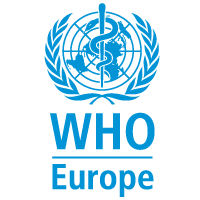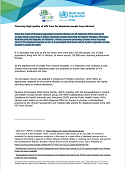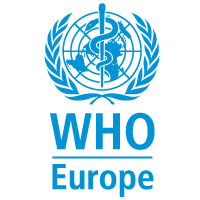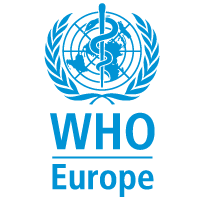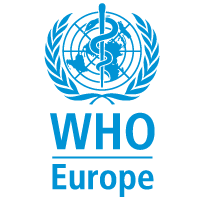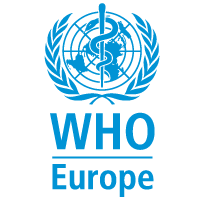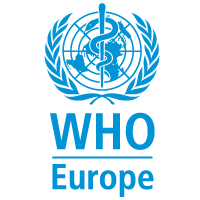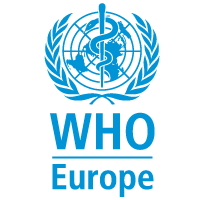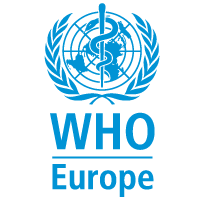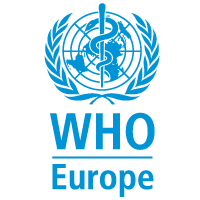WHO has released new guidance on how host countries can adjust health financing to meet the needs of people fleeing conflict.Since the Russian military offensive in Ukraine began on 24 February 2022, over 4.5 million people have fled Ukraine to seek safe havens in neighbouring countries. Although these countries have responded quickly, the sudden arrival…
As the displacement of people from Ukraine escalates, it is imperative that countries across Europe receiving these displaced people are prepared to ensure high standards of HIV prevention, treatment and care.
WHO/Agata Grzybowska/RATS Agency A WHO team met members of the Polish Red Cross at a refugee center in Medyka set up for Ukrainian refugees. Press contacts: Press office WHO Regional Office for Europe Email: eupress@who.int Copenhagen, 13 April 2022The Novo Nordisk Foundation has donated 25 million Danish kroner (about 3.4 million euros), to WHO’s emergency…
Through a project supported by Gavi, the Vaccine Alliance, WHO has procured incinerators to support an effective health-care waste management system in Tajikistan. The procurement includes 8 diesel-fuelled incinerators with a capacity of 20–30 kg, and 6 wood-fuelled units with a capacity of 10–15 kg.The 14 incinerators will be installed across the different regions of…
One of the largest hospitals in eastern Ukraine, providing specialized medical care to a population of 103 000 people, was used to dealing with the consequences of conflict even before the Russian military offensive began on 24 February 2022. Since 2014, the hospital had been playing a crucial role in treating wounded soldiers from the…
As of 7 April 2022, WHO has confirmed more than 100 attacks on health care in Ukraine since the start of the war on 24 February – claiming 73 lives and injuring 51. Targeting health facilities, workers, supplies, vehicles and patients is a major violation of international law.“We are outraged that attacks on health care…
Statement by Dr Hans Henri P. Kluge, WHO Regional Director for Europe7 April 2022Good afternoon,I am speaking to you today from the city of L’viv in western Ukraine, from where WHO is coordinating its activities within the country.Today is World Health Day, the day on which the World Health Organization was founded 74 years ago…
On this World Health Day, WHO/Europe calls on everyone to come together and recognize the importance of our planet, for the sake of our health and that of the generations to come.More than 13 million deaths around the world, including 1.4 million in Europe each year, are caused by avoidable environmental factors, WHO estimates. This…
During a 3-day visit to Kazakhstan from 28–30 March 2022, Dr Hans Henri P. Kluge, WHO Regional Director for Europe, reaffirmed WHO/Europe’s support to the country in the COVID-19 recovery process and praised Kazakhstan’s efforts in moving the primary health care (PHC) agenda forward.Speaking at the launch of WHO’s first-ever PHC demonstration platform in Esik,…
Press contacts: Press office WHO Regional Office for Europe Email: eupress@who.int Copenhagen, 6 April 2022Faced with alarming reports of disrupted HIV treatments threatening the lives of thousands of people, WHO, the United States President’s Emergency Plan for AIDS Relief (PEPFAR), Ukrainian authorities and partners are ensuring the supply of antiretroviral drugs (ARVs), covering most of…


